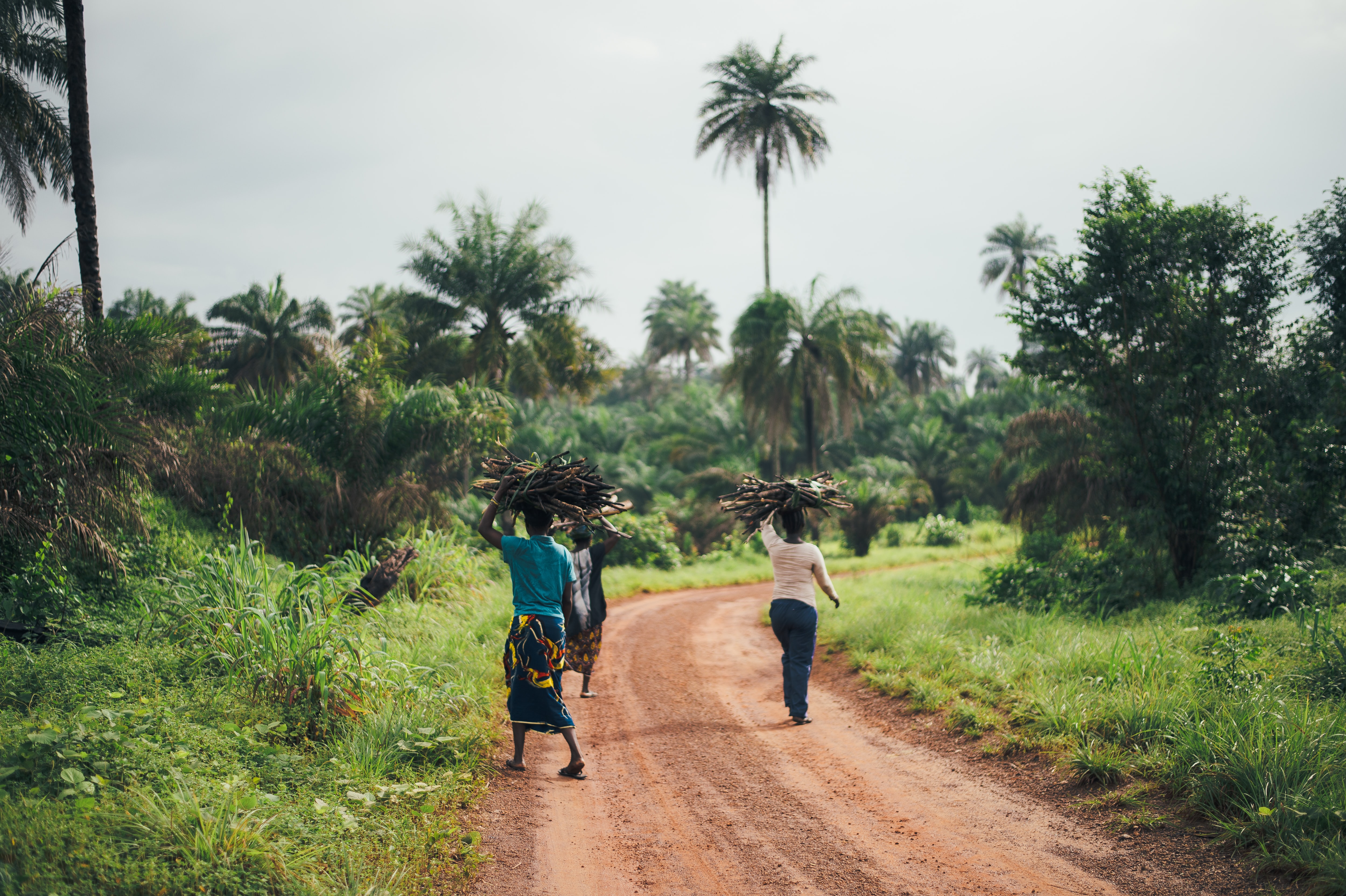We need to view farmers as active partners in achieving the SDGs

This article is part of a Q&A series which aims to introduce AgriFoSe2030's team members. Here, for our fourth chapter, we present Irish Baguilat who sits in the AgriFoSe2030 steering group since the beginning of 2021.
Irish Baguilat works in the secretariat of the Asian Farmers’ Association for Sustainable Rural Development (AFA). She is based in the Philippines. At AFA, she is the coordinator for the UN Decade of Family Farming and Women Farmers’ Agenda.
What motivated you to be part of the steering group of AgriFoSe2030?
I am in the steering committee to bring in the perspectives of AFA members, the small-scale female and male producers engaged in crops, livestock, fisheries, forestry, herding and pastoralism in the Asian region. Smallholder producers have been producing food but they are also suffering from hunger and malnutrition and have been confronting complex challenges including access and control to resources, low productivity, and low economic return. I happily accepted the role because AgriFoSe2030 is focused on key challenges that AFA is also very much interested in. Furthermore, it is offering an important solution, that is to ensure that robust research findings are truly used for decision-making at the policy level and on the farmers’ fields. I believe that the programme will contribute to the ongoing transformation in our food systems. I am also interested to provide practical ideas to help operationalise the concepts and approaches to ensure that they are grounded in the realities of smallholder farmers.
How do you view the potential impact of AgriFoSe2030?
As long as farmers are seen as actors, knowledge producers and partners, then AgriFoSe2030 can be among the accelerators to achieving SDGs. When one views farmers as active partners in developing solutions to the challenges, then the solutions become appropriate, impactful and lasting. In addition to making science-based information available to policymakers, programme planners, farmers and all value chain actors, the programme can empower farmers through the processes embedded in the programme and exchanges between researchers and farmers. It can build the capacities of researchers, farmers and policymakers. Increasing farmers’ capacity is key to building resilience. AgriFoSe2030 has excellent strategies and can also influence other programmes, other institutions, and actors.

Photo: Annie Spratt/Unsplash
What challenges do you believe we have to overcome for the sustainable scale-up of smallholder agriculture?
For many decades we have been taught ways or technologies of producing food that relies heavily on external inputs, making us reliant on others, and some of these ways are not even appropriate to our situation. Many of these technologies have affected the health of our soils and have degraded our natural resources. Thus, the challenges confronting small-scale family farmers are multidimensional. At the policy level, these include weak implementation of existing policies that are pro-farmer. On the other hand, we also have the challenge of having policies that are enabling the exploitation of rural communities and smallholder farmers, further destroying our environment. The degradation of our natural resources is causing water issues, soil erosion and so on. Another challenge is the lack of recognition of our important role, beyond food production. And so, there is lack of subsidies and social protection to food producers. Also, women farmers are also not given the needed support and recognition even though almost 50% of food producers are women. I also want to highlight the lack of support to agricultural cooperatives or farmers’ cooperatives. Farmers’ cooperatives are game-changing because cooperatives can provide the needed services and market support to farmers.
What is your favourite crop and why?
I like root crops; they have a distinct taste, they are low maintenance and hardy.
Thank you Irish!